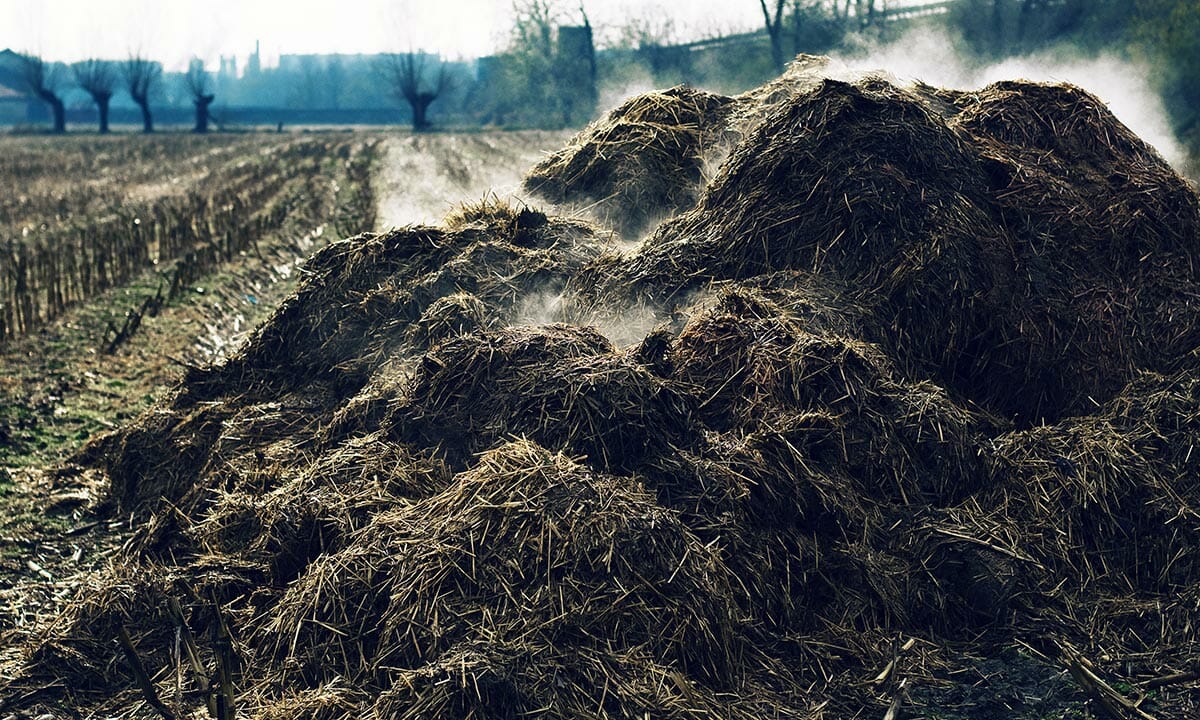 Triea Technologies has big plans for manure.
Triea Technologies has big plans for manure.
The Frederick-based startup has developed two technologies that it says will reduce energy costs for farmers and give them a potential new revenue stream – all by harnessing the power of animal poop.
“There’s a lot of manure out there,” Chief Operating Officer Cindy Wilker told a panel of potential angel investors at the Entrepreneurship Expo hosted by the Maryland Technology Development Corp. (TEDCO) Tuesday. “We’re never going to run out.”
One of Triea’s products is a heat-recovery system that takes the energy released by composting manure and uses it to provide heat and power for farm structures, such as chicken coops or cattle-milking operations.
That can save farmers up to 75 percent of their energy costs, or about $175,000 over the life of the system, and eliminate between three and four tons of carbon dioxide per farm per year, according to the company.
The other product is a method of removing more than 90 percent of the phosphorus – which could otherwise end up polluting the Chesapeake Bay – from the manure, leaving farmers with a safer product to spread on their land as fertilizer, Wilker said.
It’s a sort of cup-and-saucer system, she said; they go well together, but also function separately. And each is applicable to different types of livestock, she said.
“We’re manure-agnostic,” Wilker said. “We don’t care where it comes from.”
Triea has raised about $3.6 million so far, and is looking to raise another $6 million, said CEO Chris Haug.
The additional funding will allow Triea to roll out both technologies in the first part of 2017, he said.
The company stepped into the manure business about two years ago, after a failed efforts to market residential heat pumps, Haug said. But while walking on a farm in West Virginia about two years ago, Haug his associates noticed the manure shed and saw an opportunity.
“We pivoted,” he said. “(We said), here’s an opportunity in an industry that nobody knows about yet.”
The phosphorus-removal system produces three products that can either be used or sold by the farmers, Haug said.
The farmers can sell the removed calcium phosphate, used in animal feed; sell the phosphorus-free manure; or sell a low-phosphorus, high-nitrogen liquid byproduct as fertilizer, he said.
Customers can start to see savings from the products almost immediately. Those using the heat-capturing system can expect to recoup costs within six to nine years; for the phosphorus-removal system, they’ll recoup costs within 18 to 30 months, Haug said.
The company is in talks with several chicken producers to use their products, and several other agricultural companies have expressed interest in Triea’s processes and products, Haug said.
“We have a lot of irons in the fire, but that golden iron has not fallen yet,” he said.
As for whether the technology can be adapted for use beyond the farm, Wilker said one potential avenue is complicated by wastewater treatment plants.
“We don’t deal with human manure,” she joked. “Yet.”
Source: The Associated Press











